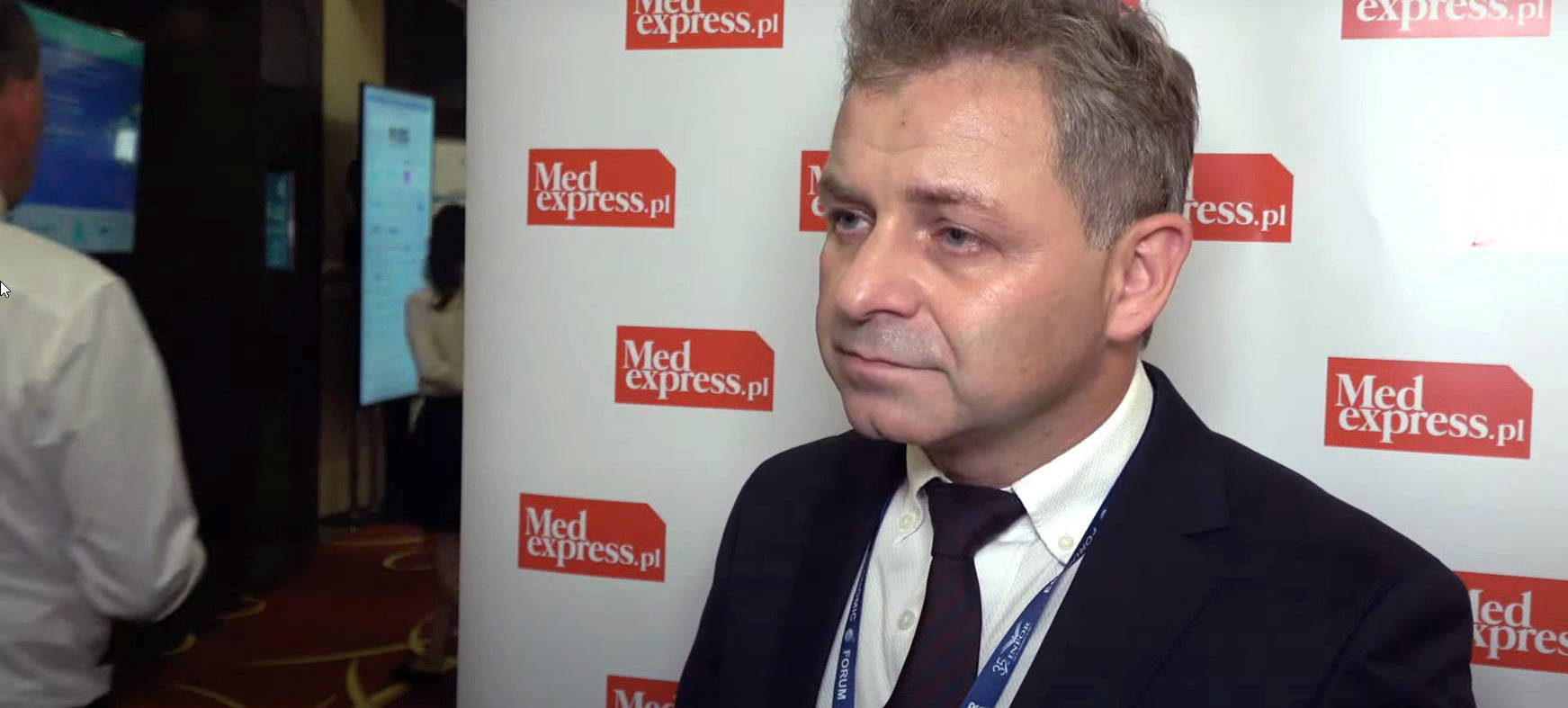A conversation with Professor Piotr Galecki, national consultant in psychiatry, about drug-resistant depression.
Drug-prone depression is clinically challenging and correct diagnosis is the key to effective therapy. What solutions does modern medicine offer in this case?
Drug-resistant depression is actually quite a challenge. In general, depression is a major social and medical problem. It is believed that one and a half million people suffer from depression in Poland, half of whom are treated in the public health service. Twenty-five per cent of these patients suffer from drug-resistant depression, i.e. despite proper treatment, their mental state does not improve. This is a huge number of patients when we consider the baseline number of people suffering from depression. In modern medicine, after the era of serotonin reuptake inhibitor drugs, serotonin and noradrenaline reuptake inhibitor drugs or drugs with mixed mechanisms of action, a new molecule has emerged - esketamine. Esketamine is a left-handed isomer of ketamine, a long-established and well-established drug that causes mental improvement by a completely different mechanism. This improvement occurs within hours or a few days. This is a very big difference, because the drugs used so far allowed us to expect the beginning of an improvement in the mental state after 2-4 weeks. not a full improvement, just the beginning of the expected changes.
What is the difference between the preparations used previously and escatamine?
The drugs used previously, i.e. serotonin and norepinephrine reuptake inhibitors or so-called classic antidepressants, acted on the biogenic amine system, i.e. serotonin, norepinephrine and dopamine, which actually accounts for two to three per cent of the receptors in the central nervous system. Actually, therefore, their effect was rather modulatory, although significant, as this messaging is important in the regulation of emotions and mood. In contrast, the modern molecule esketamine acts on the glutamatergic system, which supplies more than 80 per cent of the receptors in the central nervous system. This is of colossal importance in potentiating antidepressant treatment. That is, we are not talking about monotherapy, using esketamine. Importantly, the aim of esketamine is to restore, first and foremost, proper synaptogenesis, i.e. the connections of nerve cells in the central nervous system. This is the main mechanism of action of this molecule. It is worth mentioning that there are many other active substances in clinical trials, in phase II or III, that act by this mechanism. This means that preclinical and phase I studies have proven that this is a route that will be an alternative to the antidepressants currently in use.
Source: medexpress.co.uk

